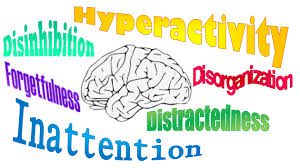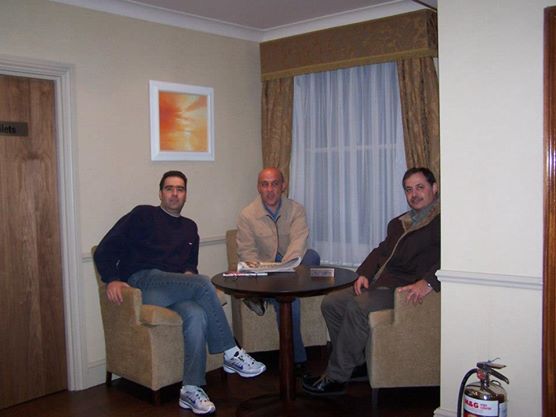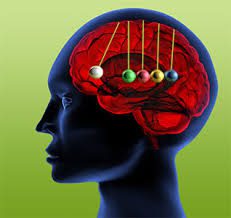TO: ALL Parents and/or Grandparents of Struggling Students It is report card time and also time for parent/teacher conferences. Is your child or grandchild doing as well as they can in school? Have you ever realized that our schools do not ever get around to teaching...
Latest from the Blog
NLP helps 8 yr. old with ADD/ ADHD – concentration & behavior improved
NLP Working with ADD/ ADHD Diane is a 2008 "Joy" graduate, and has a contract with a school. She goes in once a week to work with their more difficult students. She just had the contract extended for two years and the principal of the school told her he had found that...
NLP Therapy can help of getting over your Anger & Temper Tantrums
Chad NLP Success Story When Chad’s mother brought him to see me she was concerned that the school was not making Chad do his school lessons. She thought that he would have trouble in later grades if he was not required to do them. It seems that Chad would throw a...
The NLP Spelling Strategy helps 40 yr. old with poor spelling & reading skills
Al's NLP Success Story. Another typical story involves a 40 year old man who was in charge of the meeting room I was teaching in. I noticed he would hang around in the back of the room listening very intently to the learning strategies I was teaching. At a break, he...
NLP Skills to be more energized, more excited, more powerful?
What's the easiest way to be more energized, more excited, more powerful, or more of any state? It's easy-- Go first! When I was a kid, there was usually a race among my friends to see who could make it to the front door first. We'd yell, "Last one there is a rotten...
Working on NLP™ Practitioner Training
Location, Location, Location You've probably heard about the importance of location when it comes to buying or leasing commercial real estate. After all, if customers don't know where a business is or how to get to it, they are less likely to go there. I once heard...
A true experience of Mind over Body
Landing on My Feet A true experience of mind over body. We can either limit or unleash our own abilities by our own belief systems. Believing we can do it and committing our hearts will allow us to make our dreams come true. Don't be afraid, just do it. As a child I...
Stavros Santis NLP Practitioner in Cyprus Testimonials
Testimonials About NLP MIRACLE Seminars Group Stavros Santis together with a select group of select trainers and NLP Practitioners team up to provide you with a cutting-edge NLP Institute in the heart of Larnaca Cyprus. Stavros over 15 years of studying and training...
What is NLP & How Can You Benefit From it?
So, what exactly is NLP anyway? The skills and attitude known as NLP* make it possible for you to have the things you want, in a fraction of the time! NLP* is a set of behavioral tools that bridge the gap between language and behavior (like software for your mind!)--...








